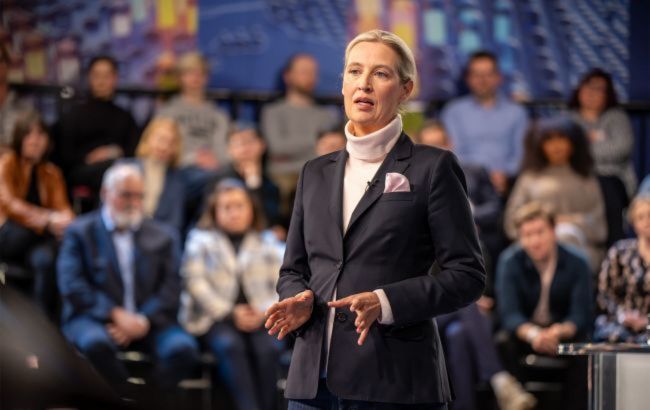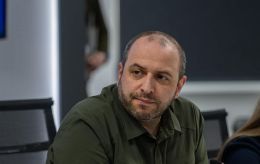Pro-Russian AfD leader turns against Putin
 Weidel calls on Putin to de-escalate (Getty Images)
Weidel calls on Putin to de-escalate (Getty Images)
An unexpected speech in the Bundestag sparked disputes within the Alternative for Germany (AfD) party and prompted wider debate in German politics, according to the German tabloid Bild.
Alice Weidel, co-chair of the Alternative for Germany (AfD) party, criticized Russian leader Vladimir Putin during a speech in the Bundestag, Bild reported. Her remarks reportedly surprised even some of her allies.
Weidel said Russia should also take steps toward de-escalation and argued that Putin would eventually have to move in that direction. She added that Moscow should not test the patience of US President Donald Trump or obstruct his peace initiatives.
Divisions within AfD
AfD co-chair Tino Chrupalla took the opposite position, saying that Russia’s violations of NATO airspace, including drone flights, should not be dramatized. According to Bild, Weidel’s comments had not been coordinated with the party’s leadership, though some MPs supported her stance. Party sources linked her remarks to recent incidents of Russian aircraft violating Estonian airspace.
Political context
Benjamin Höhne, a political scientist at Chemnitz University of Technology, said AfD lacked a unified foreign policy line. He argued that Chrupalla followed a pro-Russian course, while Weidel sought closer ties with the CDU/CSU.
AfD’s reputation and standing
Founded in 2013 as a Eurosceptic party, AfD has long carried a pro-Russian image in German politics. Weidel herself had repeatedly spoken in favor of rapprochement with Moscow. In December 2024, she called for Germany’s withdrawal from the EU, blaming Brussels for the auto industry crisis. In February 2025, while running for chancellor, she stressed the need to restore ties with Russia and lift sanctions.
According to an INSA poll published by Bild on September 20, 2025, AfD has for the first time taken the lead in political rankings, backed by 26% of voters — one point ahead of Chancellor Friedrich Merz’s CDU/CSU.
German Foreign Minister Johann Wadephul recently said Europe must “grow up” and take greater responsibility for supporting Ukraine. He stressed the importance of increasing both military and financial aid to Kyiv. Europe has been intensifying pressure on Russia while also seeking mechanisms to use frozen Russian assets to compensate Ukraine.

